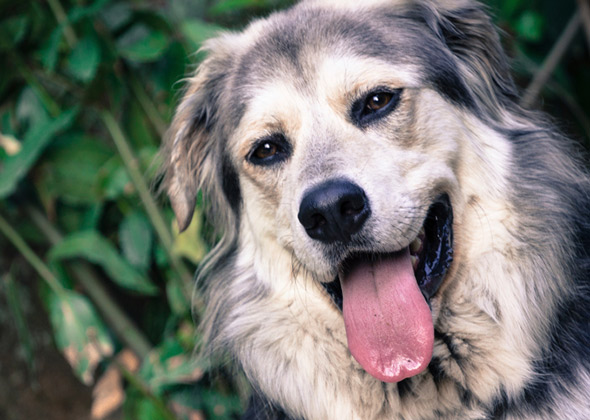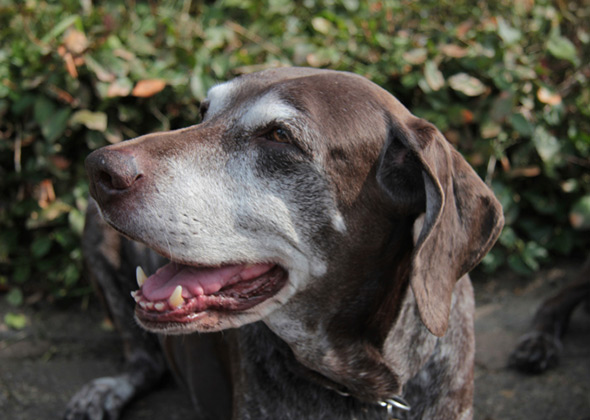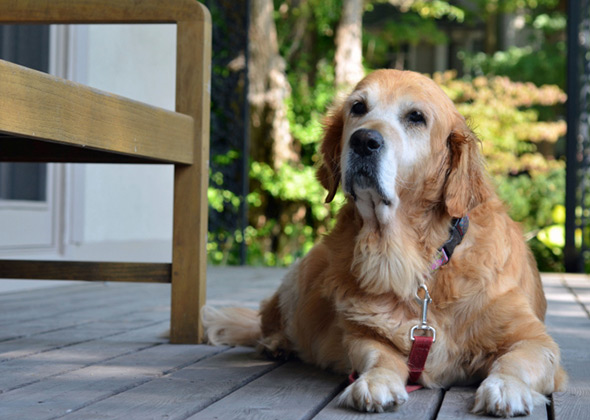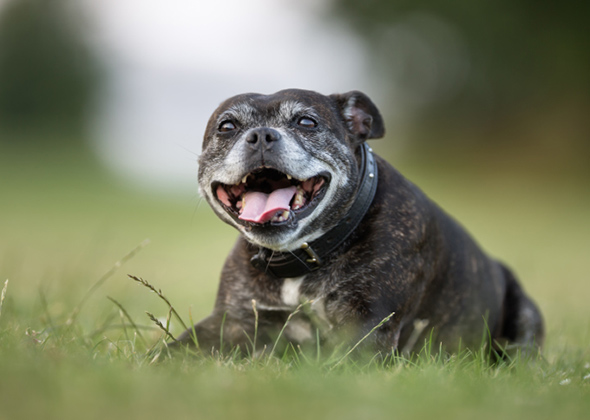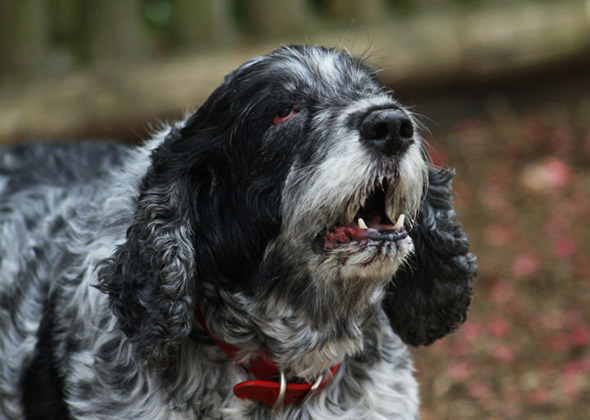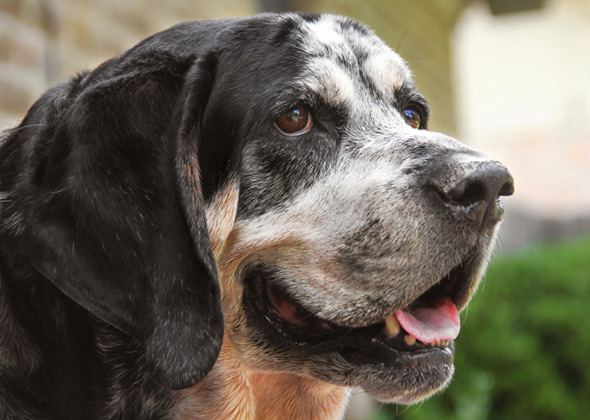9 Common Health Problems Senior Dogs Face
Published on March 14, 2016
Skip To
A dog’s golden years are a time to cherish, but they can also bring some new challenges with them. Our senior sweethearts often face a number of common health problems related to their advancing age, including arthritis, failing vision, hearing loss and other issues. And while you can’t necessarily prevent these problems, you can work with your veterinarian to help ensure your dog is as healthy, comfortable and happy as possible as he ages.
Here is a look at what you may encounter as your dog ages and the most up-to-date treatments to help keep him spry.
More on Vetstreet:
Here is a look at what you may encounter as your dog ages and the most up-to-date treatments to help keep him spry.
More on Vetstreet:
- What You Need to Know About Adopting a Senior Pet
- Doggy Bucket Lists: Pros, Cons, Dos and Don’ts
- Don’t Fall for These Myths About Older Pets
- Is My Pet Sick or Just Getting Older?
- Do Senior Dogs Lose Their Alpha Dog Status?


